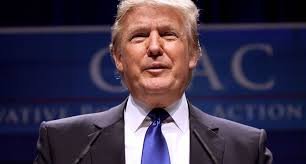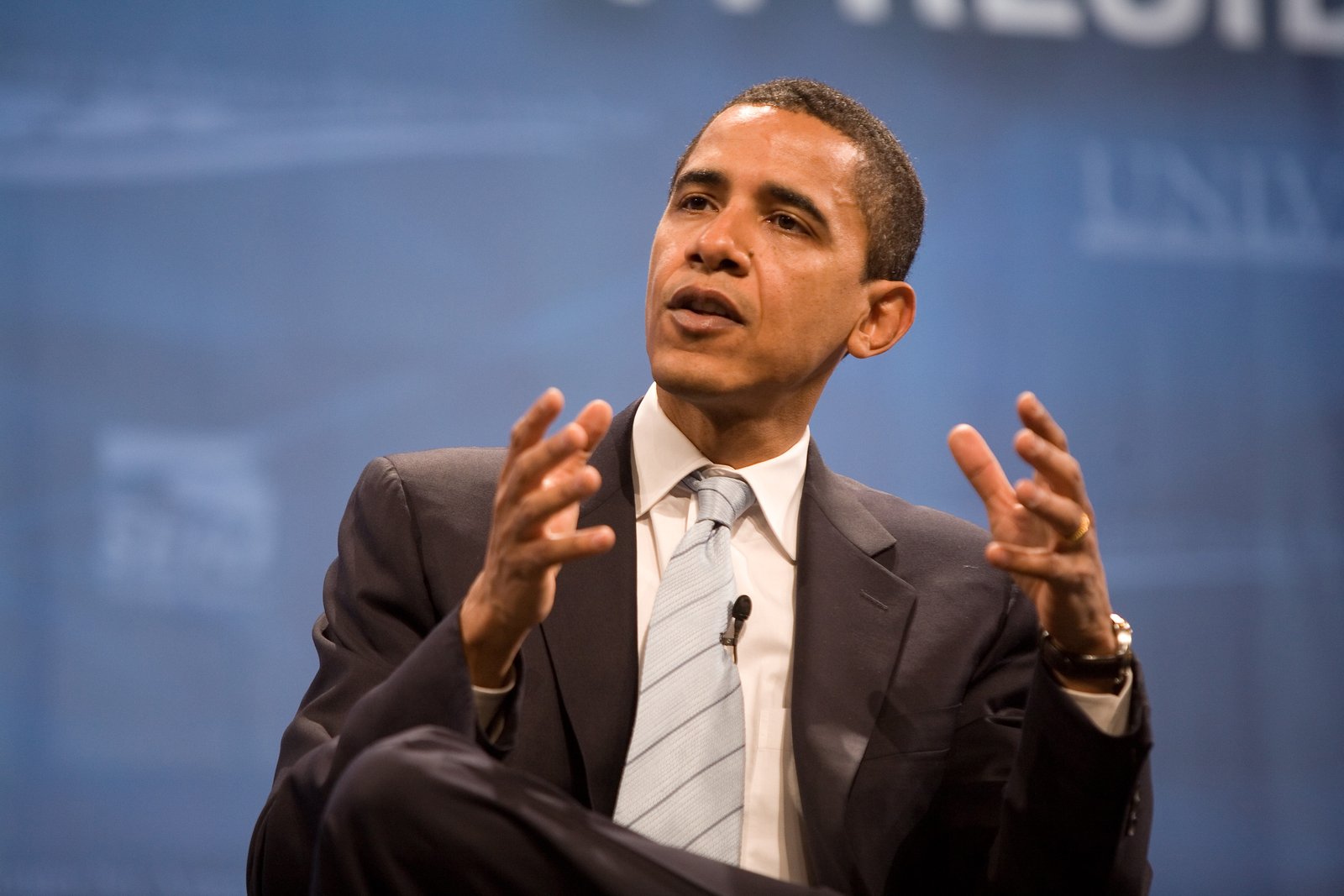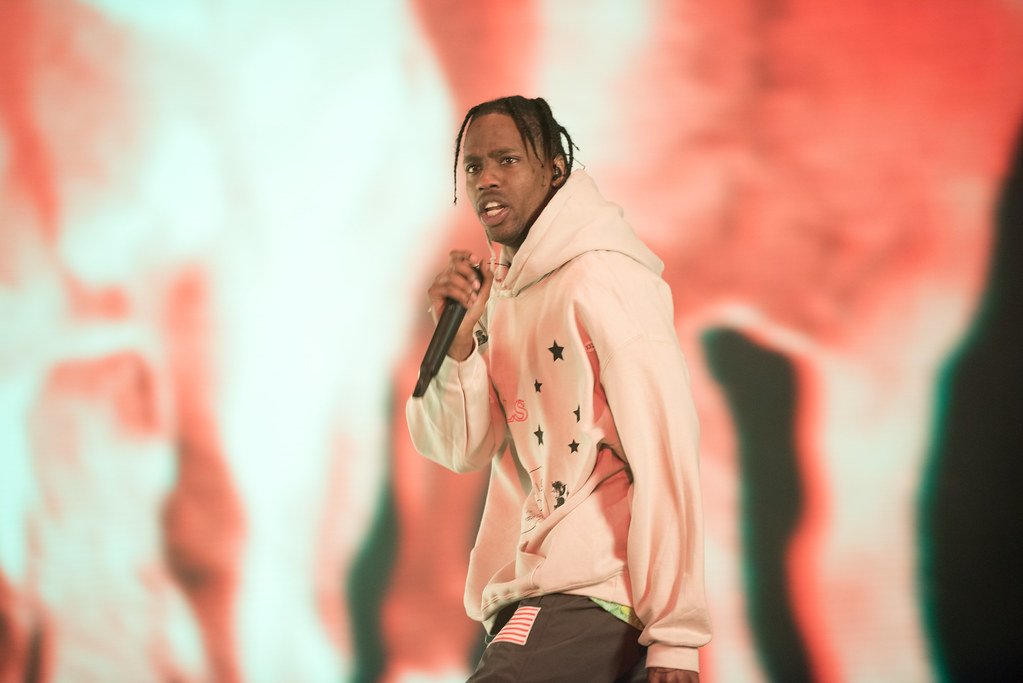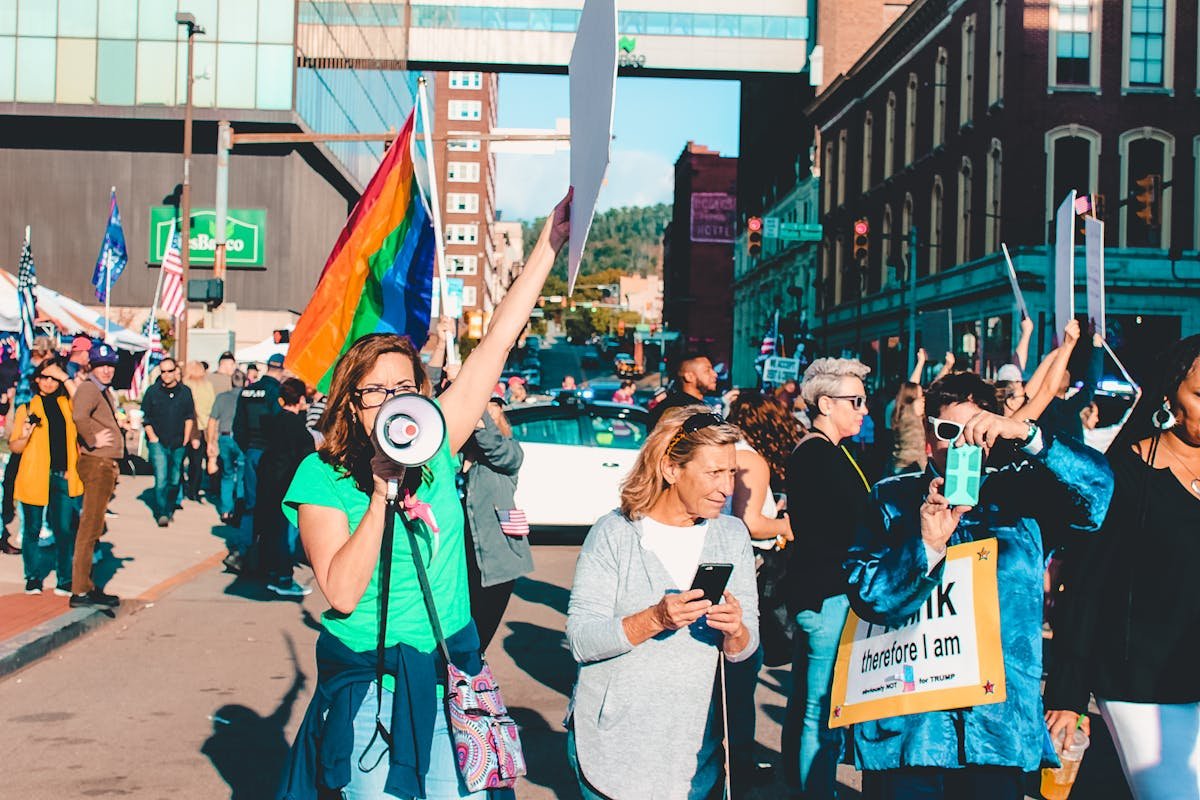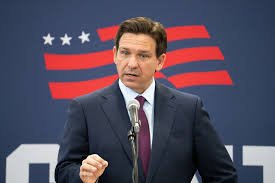Behind the Curtain: Why the Idea of ‘Who Runs Global Politics’ Is More Complicated Than You Think
World News & Politics / Date: 06-23-2025
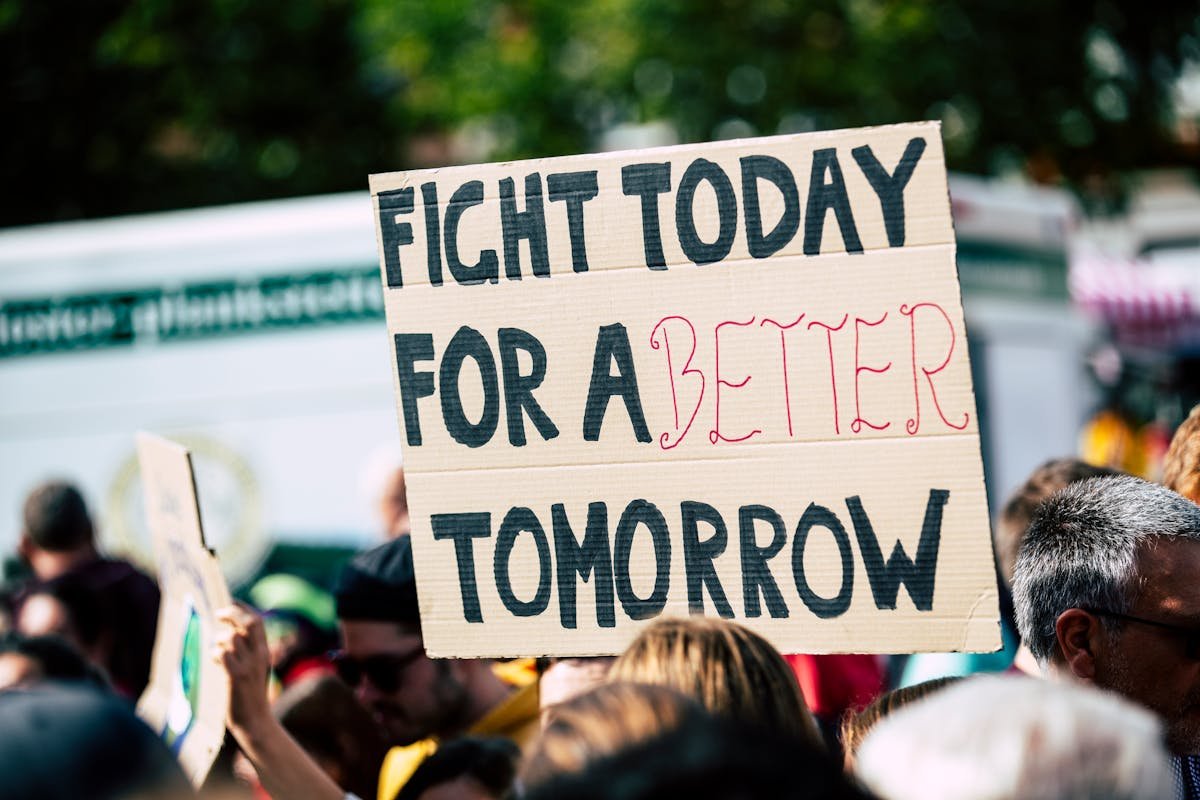
You might think governments run the world, right? Presidents, prime ministers, parliaments—those are the big bosses, aren’t they? Well, here’s the kicker: what if I told you that’s a gross oversimplification? Behind the shiny podiums and official speeches, a tangled web of forces pulls the strings in global politics—forces most people don’t even realize exist. This isn’t about conspiracy theories; it’s about understanding the real, messy power networks shaping our world today.
Stick with me here. We’ll dive into who really holds the reins—beyond elections and official titles—and why that matters more than ever in 2025.
Why the Common Belief About Political Power Is Dead Wrong

Most folks think politics is about voting, laws, and public debate. But that’s like saying a movie is just about what you see on screen, ignoring the directors, editors, and producers behind it. Politicians might appear to lead, but often, their moves are heavily influenced—sometimes controlled—by forces outside the public eye.
The Myth of Absolute Sovereignty
Countries like to brag about their independence. “We make our own decisions!” they shout. But try buying a loaf of bread in some countries and notice that global market prices dictate what you pay. Look closer, and you’ll find international organizations, corporations, and financial powers shaping those decisions before governments even weigh in.
Take the International Monetary Fund (IMF) or the World Bank—they don’t make laws, but they influence nations by controlling loans and economic aid. Need cash? You might have to follow their rules, whether you like it or not.
The Hidden Players: Beyond Politicians
Multinational Corporations: The Silent Giants
Let’s be real—these companies have more money than some countries. They hire armies of lobbyists, sway public opinion, and even fund politicians’ campaigns. Think about tech giants, energy firms, or banks: they aren’t just businesses; they’re power brokers.
Did you ever wonder why some laws favor big companies over small businesses or why certain environmental policies get watered down? Hint: it’s not usually politicians acting alone. Their hands are often tied by these corporate giants who pull strings from the shadows.
Financial Elites and Shadow Networks
There’s a small group of super-rich families and financial institutions who move trillions across the world every day. They operate through complex, sometimes secretive networks—offshore accounts, trusts, private banks—to keep their influence under wraps. Their interests often dictate national policies—especially on taxation, trade, and regulation.
It should come as no surprise that these elites coordinate their actions in secretive clubs and meetings. Millions may be impacted by the decisions made there, although the majority of people are unaware of them.
International Organizations: Puppet Masters or Peacekeepers?
You might have heard of the United Nations, NATO, or the G7. Are they friends or foes of true democracy? The answer isn’t black and white.
The Double-Edged Sword of Global Governance
These bodies aim to maintain peace, coordinate responses to crises, and promote cooperation. But their membership and voting systems often favor the most powerful countries. Smaller nations get less say, making these organizations arenas where the “big players” enforce their will under the guise of fairness.
Moreover, their bureaucracies can be slow, secretive, and resistant to real change. Sometimes, they serve more as tools for maintaining the status quo than shaking things up.
Media and Information: The Power to Shape Reality
You’ve heard the saying, “Control the media, control the mind.” In global politics, it’s true more than ever. Media companies, often owned by wealthy elites or influenced by governments, decide what stories get told—and which ones get buried.
The Age of Information Warfare
Information is a weapon today. The distinction between fact and fiction is blurred by censorship, propaganda, and fake news. Politicians and powers behind them use media to push agendas, distract the public, or vilify opponents. The average person’s worldview is shaped by these invisible battles playing out on our screens every day.
Technology’s New Frontier in Global Control
Here’s something many don’t get: technology companies aren’t just about apps or gadgets—they are becoming central players in politics.
Surveillance and Data: The New Oil
Data collected from billions online users fuels algorithms that influence elections, public opinion, and even laws. Governments and corporations use this data to track behaviors, predict outcomes, and manipulate choices.
The 2020s have shown how social media platforms can swing political outcomes. This digital power often goes unchecked, leaving questions about privacy, democracy, and control unanswered.
So, Who’s Really Running Global Politics?
To say a single group runs global politics is too simple. It’s a messy, overlapping network of governments, corporations, financial elites, international bodies, media, and tech giants. They all influence and sometimes control each other in complicated ways.
This tangled web isn’t evil—more like messy human nature mixed with old power games and new tech tools. The problem? Most people don’t see it. They vote, protest, and debate ideas in a system they think is open and fair—when really, many outcomes are pre-decided by forces behind the curtain.
Here’s the Twist: Why It Matters More Than Ever in 2025
With rising global crises—climate change, economic inequality, geopolitical tensions—the real question is: Can this hidden power system adapt fast enough to solve problems? Or will it keep protecting itself while the rest of us scramble?
The pandemic showed how fragile global cooperation is and how quickly misinformation spreads. It also revealed who holds the true power in decision-making. As tech and finance grow even more intertwined, the stakes rise.
Follow Us
Newsletter
Subscribe to our newsletter to stay updated with our latest news and offers.
We respect your privacy.Trending
